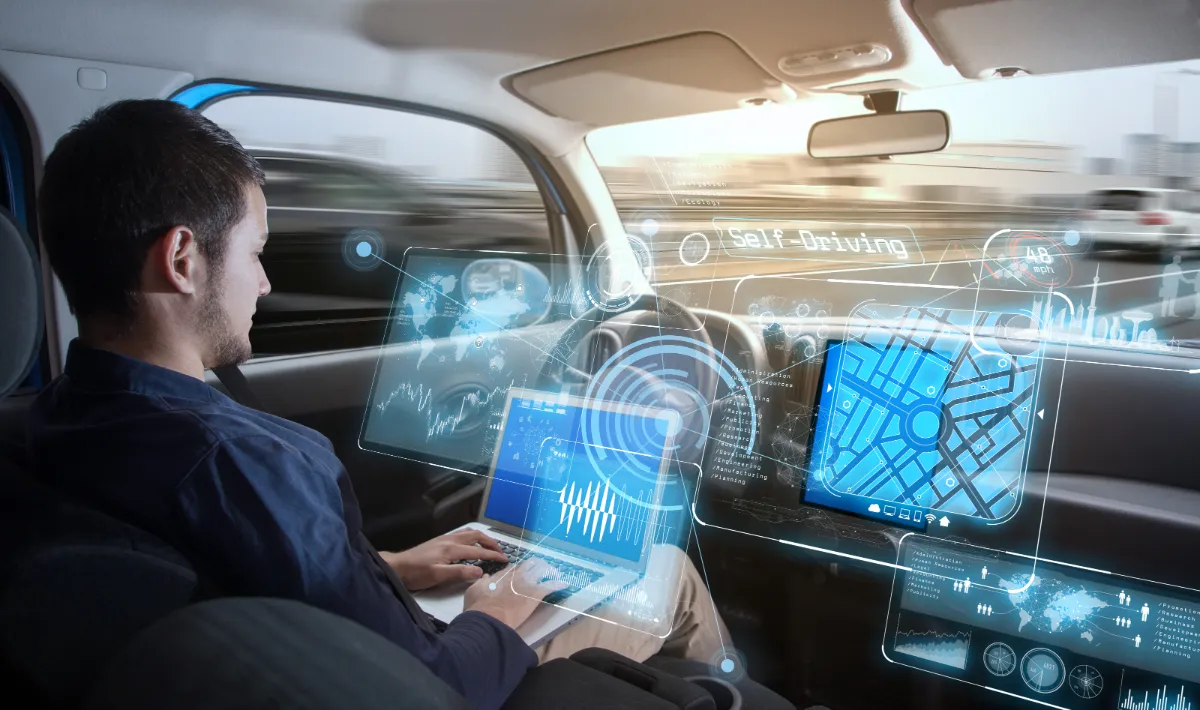Tesla boss and visionary Elon Musk also wants to offer his own insurance for Tesla vehicles in Europe. Those who drive with foresight will pay considerably lower rates. Tesla vehicles already record acceleration and braking values, cornering behavior, the use of assistance systems, driving distances, breaks, etc. for this purpose anyway. The respective owner can access this data at any time via interfaces and his Tesla login and view and evaluate it himself or via the many applications available in the app stores. Since the data is retrieved via Tesla servers, this data is basically also available to the vehicle manufacturer. The manufacturer states that it generally only analyzes the data anonymously. When the Tesla insurance policy is taken out, however, this would be different and the analysis would relate to the individual insured.
German insurers already offer such usage-based insurance rates as “telematics rates”. Here, however, a sensor box would have to be mounted and connected in the vehicle, which would transmit the data outside the vehicle systems to the insurance company. Of course, this is more complex than simply being able to access the vehicle systems directly via login. The question of who owns the vehicle data thus takes on a new significance – also in politics.
In the coalition agreement between the two parties, the topic is mentioned as a project for a Mobility Data Act. The responsible Ministry for Digital Affairs and Transport under FDP man Volker Wissing is thinking in the direction of a data trustee model. This would ensure that the vehicle manufacturer would not have sole access to the data, but that authorized stakeholders would have clearly regulated access.
The German Automobile Club (ADAC) is currently conducting a study to determine what data is transmitted via the vehicle’s integrated cellular connection at the manufacturers BMW, Mercedes and Renault. Since 2018, a digital emergency call option via a built-in mobile radio module has been mandatory, and this interface is probably also used to transmit vehicle data. The ADAC fears a “proliferation” in the collection and transmission of data on driving behavior. However, the background to the study is also likely to be the economic interest as a provider of roadside assistance, which could of course offer unique selling points with transmitted vehicle data.







